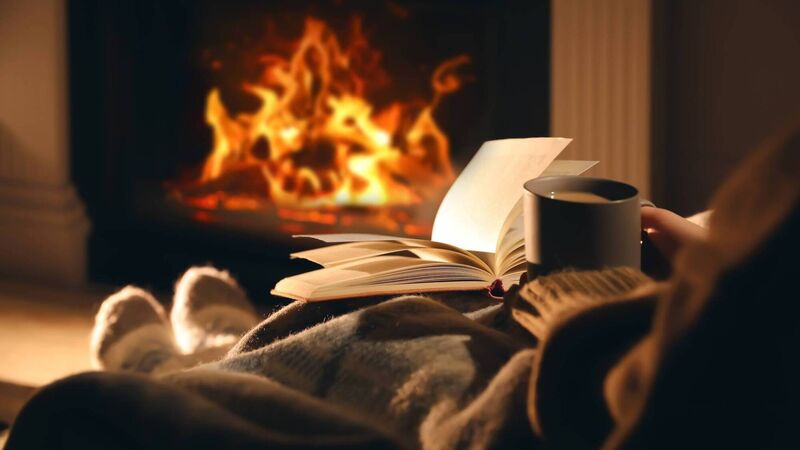Cork city fire officer shares tips on staying safe in the home during the cold snap

People have been advised not to move too closely to an open fire during the current cold snap. Picture: iStock.
As the cold snap continues to sweep the country, Cork City Fire Brigade has shared some tips on how to stay safe in the home.
Temperatures continue to plummet each night and people have been coming up with ways to stay as warm as possible at home, but third officer at Cork City Fire Brigade Gerard Ryan has advised people to be vigilant.








